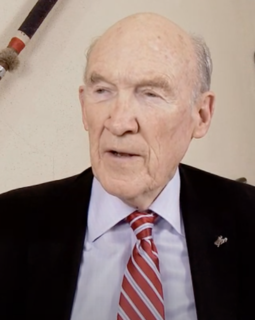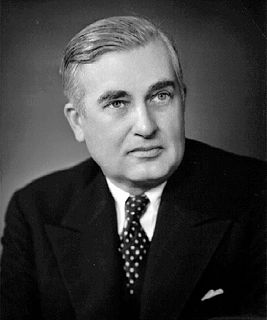A Quote by Zephyr Teachout
I hope that we increasingly shift power to local governments.
Quote Topics
Related Quotes
The revolution here is from hierarchical to lateral power. That's the power shift. So increasingly a younger generation that's grown up on the internet and now increasingly distributing renewable energies, they're measuring politics in terms of a struggle between centralized, hierarchical, top-down and closed and proprietary, versus distributed, open, collaborative, transparent. This shift, from hierarchical to lateral power, is going to change the way we live, the way we educate our children, and the way we govern the world.
"Triennale in the City" is a scheme that is of priority for the sponsoring local government. For many local governments, revitalization is an important mission for the local community, and, therefore, the attitude to achieve this mission through the cultural and/or artistic activities should not be denied.
Governments have been ceding power to big multinational corporations in the market. We see the manifest in a variety of ways. Where governments are giving up power to big international institutions like the World Trade Organization or NAFTA, which are disabling governments' ability to protect the rights of their own people.
Government is best which is closest to the people. Yet that belief is betrayed by those State and local officials who engage in denying the right of citizens to vote. Their actions serve
only to assure that their State governments and local governments shall be remote from the people, least representative of the people's will and least responsive to the people's wishes.
It is a travesty, in my mind, for the state and local governments on the one hand to expect the Federal government to reimburse them for costs attributable to illegal immigrants, when on the other hand the State and local governments prohibit their own law enforcement and other officials from cooperating with the Immigration and Naturalization Service to locate or apprehend or expel illegal aliens.
Sports have the power to change the world. It has the power to inspire, the power to unite people in a way that little else does. It speaks to youth in a language they understand. Sports can create hope, where there was once only despair. It is more powerful than governments in breaking down racial barriers. It laughs in the face of all types of discrimination. Sports is the game of lovers.
It seems to me that our problem has a lot less to do with the mechanics of solar power than the politics of human power—specifically whether there can be a shift in who wields it, a shift away from corporations and toward communities, which in turn depends on whether or not the great many people who are getting a rotten deal under our current system can build a determined and diverse enough social force to change the balance of power.




































